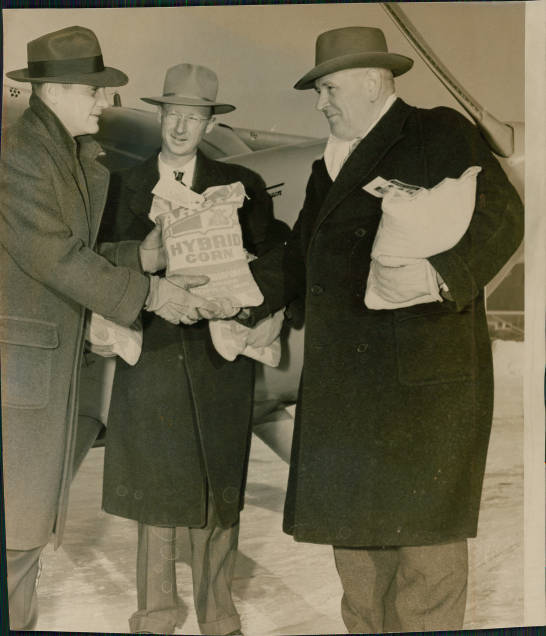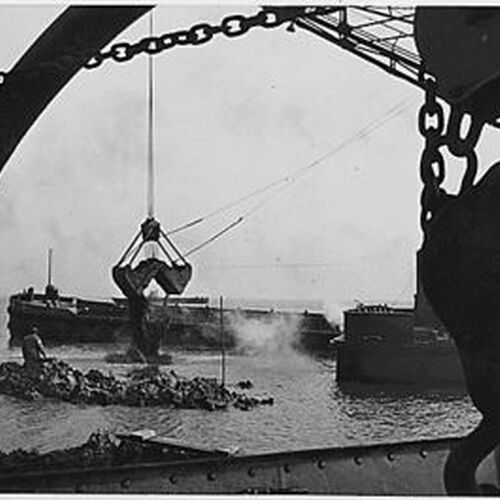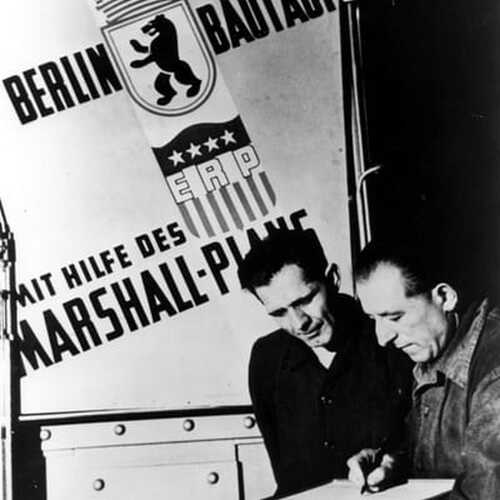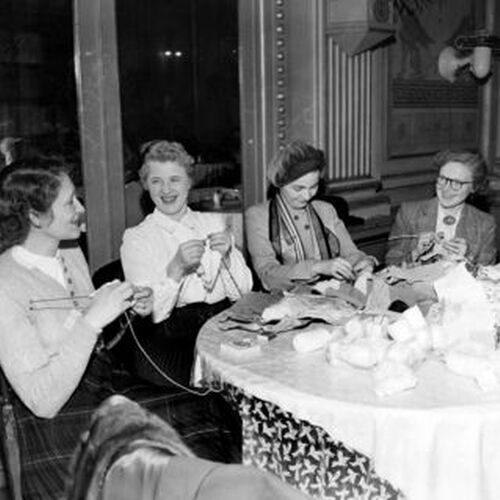Helping a good brother is the right thing to do!
Kind and compassionate Americans?
As the world’s leading power, the United States even defeated the superpower Soviet Union during the Cold War, firmly securing its position as the global leader. Naturally, it had the capability and willingness to help European countries struggling with economic pressure.
But why?
Was it because of the nation’s kindness? Because of core national values? Or was it for other reasons? In historical records and on a global scale, any country providing aid to other nations often reaps countless benefits. The Marshall Plan was no exception.
the Marshall Plan’s goal was not simply the Americanization of Europe through U.S.
exports, but it was also, in a larger sense, the development of an expanded U.S.-led system of global trade that Marshall Planners believed was necessary to secure a lasting
peace.
A smooth-sailing plan?
Undoubtedly, the Marshall Plan significantly enhanced the United States' economic position. However, the cost was the expenditure of vast sums of dollars to provide aid. Being at the forefront of global attention, the Cold War frequently impacted the Marshall Plan. Most ordinary citizens could not grasp the profound changes and influence the plan brought to the U.S.'s overall economic strength and global standing. Instead, many perceived it as an economic loophole during the Cold War with the Soviet Union. Due to the massive expenses of the Marshall Plan, numerous critics argued that the primary priority should be confronting the Soviet Union, not aiding Europe. Thus, the debates over support and opposition to the Marshall Plan emerged from these contradictions.
Although Congress overwhelmingly approved the
Marshall Plan (implemented through the new Economic Cooperation
Administration, or ECA) early in 1948, many Americans remained uninformed
and unconvinced about the program’s goals and continuing need. As the Cold
War’s stakes dramatically rose in 1949 and 1950, spending on the Marshall Plan,
rather than the military, faced increased scrutiny.
How to respond?
With the department store exhibits, the ECA could comply with
the law while still working to sell Americans on the tangible benefits of Marshall
Plan aid to their everyday lives. As domestic “consumer diplomats,” Americans
could thus implement foreign policy goals “through their spending choices,” simi-
lar to American tourists abroad. Marshall Planners hoped that by “buying
European” at their local department stores, Americans would not only help to
promote European economic recovery, but would also realize the value of the
Marshall Plan’s liberal internationalism in the postwar world.



